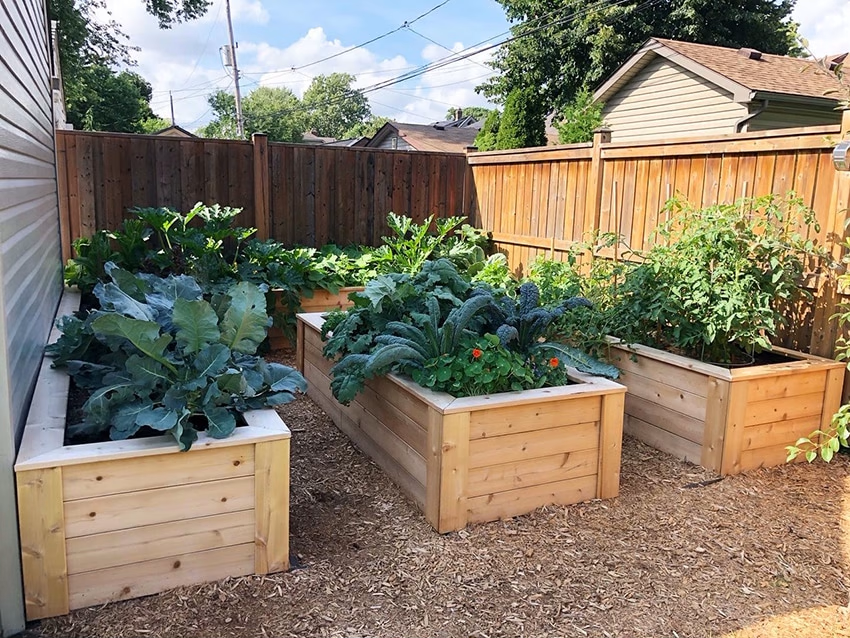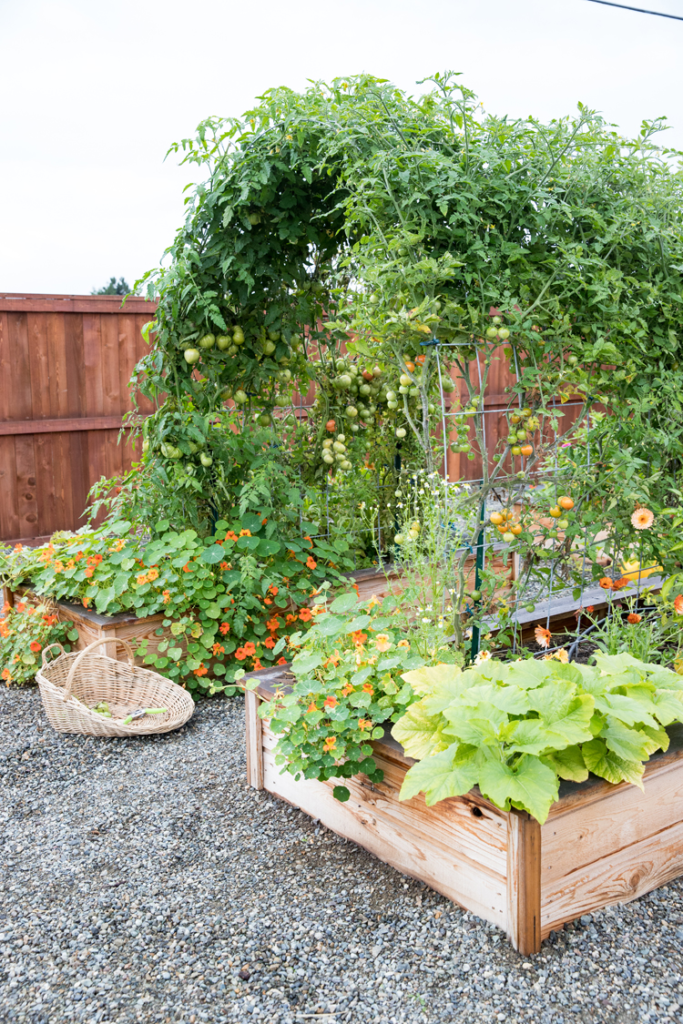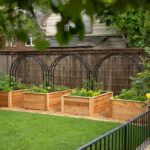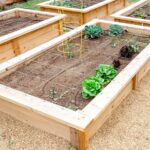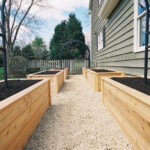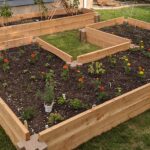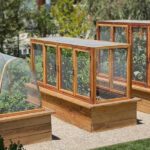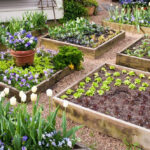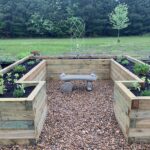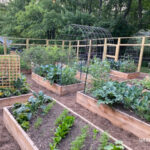Raised bed gardens have become an increasingly popular option for many gardeners looking to maximize their space and productivity. These gardens are essentially beds of soil that are raised above ground level, usually in a framed structure. There are numerous benefits to using raised bed gardens, ranging from improved drainage and soil quality to easier maintenance and better accessibility for individuals with physical limitations.
One of the key advantages of raised bed gardens is their ability to provide better drainage for plants. The elevated nature of these beds allows excess water to drain away more efficiently, preventing waterlogged soil and reducing the risk of root rot. This can be especially beneficial in areas with heavy clay soil or poor drainage, where traditional in-ground gardens may struggle to thrive.
In addition, raised bed gardens offer the opportunity to control and amend the soil more easily. Gardeners can add specific nutrients, compost, or organic matter to the soil within the raised bed, creating a more optimal growing environment for their plants. This can be particularly beneficial for individuals with poor quality soil in their yard or those looking to grow specific types of plants that have unique soil requirements.
Another advantage of raised bed gardens is their ease of maintenance. Because the beds are typically built at a manageable height, gardeners can avoid bending over or kneeling for extended periods of time to tend to their plants. This can be especially beneficial for individuals with physical limitations, such as back or knee problems, who may find traditional gardening methods challenging.
Raised bed gardens also offer better protection from pests and weeds. The raised structure can act as a barrier to underground pests, such as moles or gophers, and can make it more difficult for weeds to infiltrate the garden. Additionally, the contained nature of raised beds can help to prevent the spread of invasive plants or diseases, making it easier to manage and maintain the overall health of the garden.
Overall, raised bed gardens are a versatile and practical option for gardeners looking to maximize their gardening efforts. Whether you have limited space, poor soil quality, or physical limitations that make traditional gardening challenging, raised beds can provide a solution that allows you to grow a variety of plants with greater success. With their numerous benefits, it’s no wonder that raised bed gardens have become a popular choice for both experienced and novice gardeners alike.

